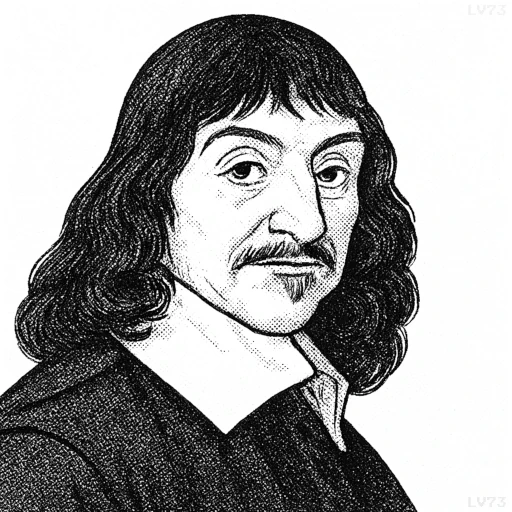“I hope that posterity will judge me kindly, not only as to the things which I have explained, but also to those which I have intentionally omitted so as to leave to others the pleasure of discovery.”

- March 31, 1596 – February 11, 1650
- French
- Philosopher, Mathematician, Scientist, Father of Modern Philosophy
table of contents
Quote
“I hope that posterity will judge me kindly, not only as to the things which I have explained, but also to those which I have intentionally omitted so as to leave to others the pleasure of discovery.”
Explanation
In this quote, Descartes reveals a rare note of humility and generosity in intellectual work. He expresses a desire not just to be judged by what he has explicitly contributed, but also by what he has deliberately left unexplored, inviting others to take part in the ongoing journey of discovery. This shows his recognition that knowledge is a cumulative, collaborative enterprise, and that withholding some insights can be an act of encouragement, not neglect.
This sentiment reflects Descartes’ role as a pioneer in scientific and philosophical method during the early modern period. He understood that his system of rational inquiry, outlined in works like Discourse on the Method and Meditations, was only a beginning. By leaving certain questions open or only partially addressed, he sought to stimulate future thinkers to pursue these ideas further, thus advancing human understanding beyond his own lifetime.
Today, Descartes’ approach continues to resonate in academic, scientific, and technological innovation. Scholars often choose not to publish every conclusion, instead posing questions or offering frameworks that others may build upon. This quote encourages a view of intellectual progress not as a finished monument, but as a living process, one in which each generation has the pleasure and responsibility of contributing to the unfolding of truth.
Would you like to share your impressions or related stories about this quote in the comments section?

